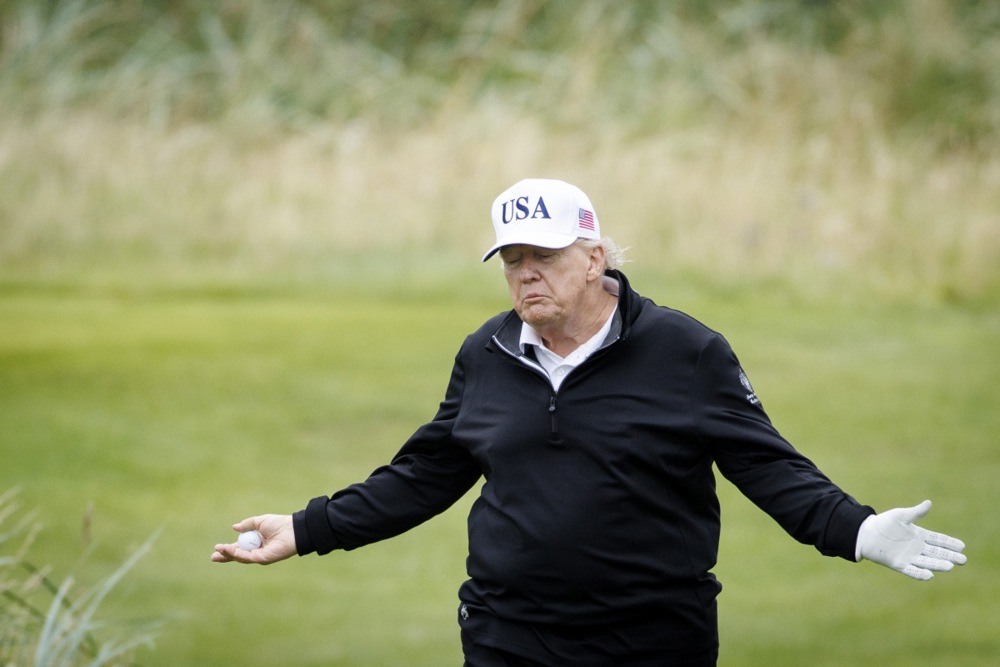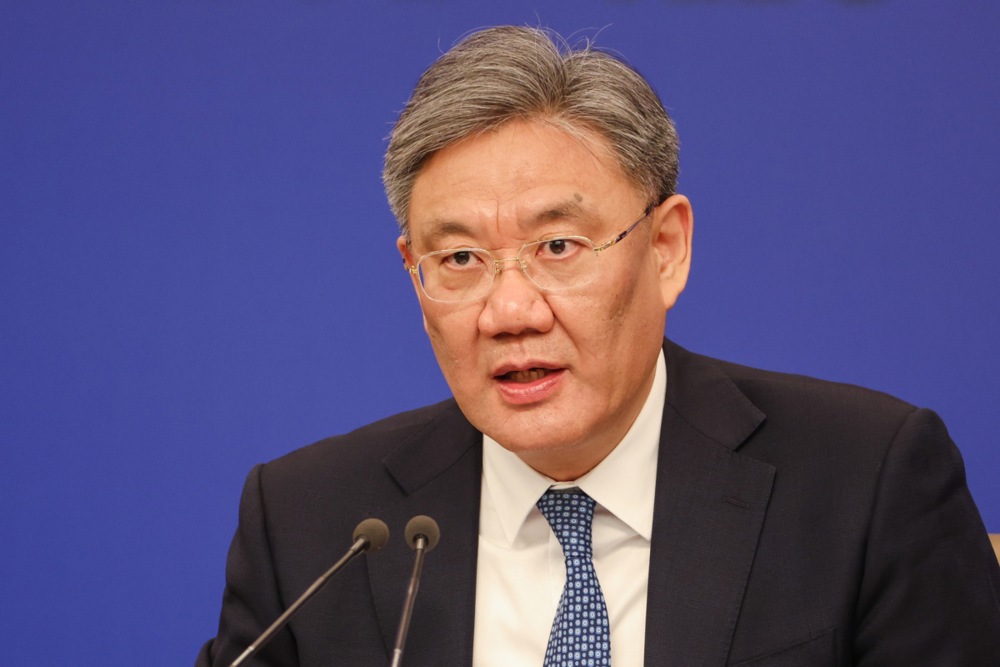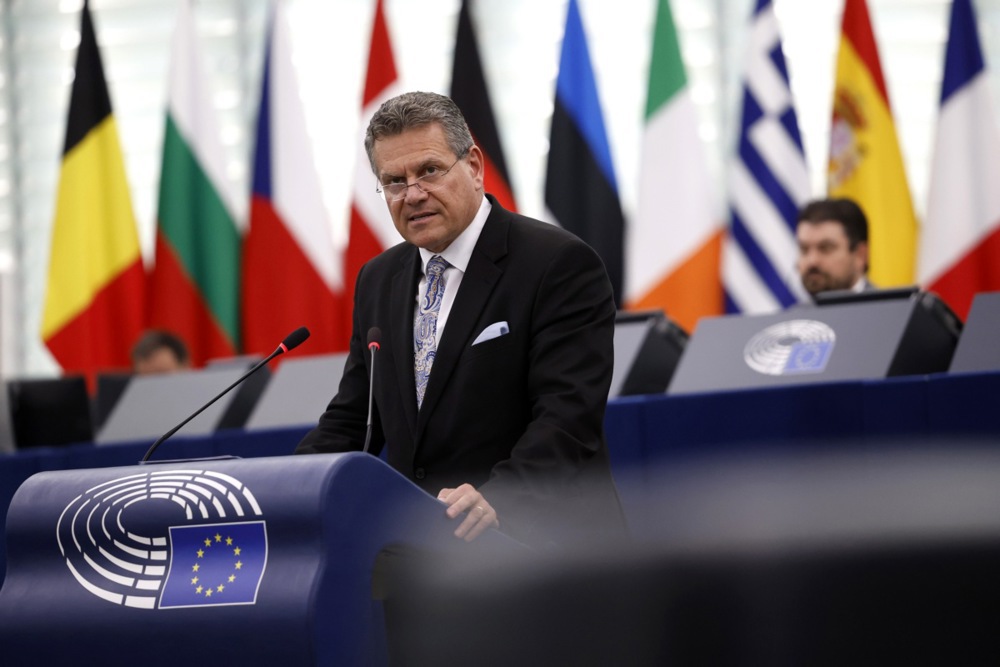Brussels is delaying its €93 billion retaliation package against the United States, saying it must first see how US President Donald Trump implemented the terms of the July 27 trade agreement.
While the European Commission described predictability as a cornerstone of its trade policy, the lack of clarity from Washington has fuelled instability across Europe’s shipping sector, according to industry analysis.
Although the political agreement was reached, key technical aspects remained unresolved, including which European Union products will receive relief from the new 15 per cent US import duty.
“We aim to publish more details of the precise reliefs as soon as possible,” Olof Gill, Commission spokesperson for trade, told Brussels Signal on July 30. Until then, the EC said it would not pre-empt next steps, including whether to trigger retaliation.
That position has created friction, especially after the White House publication on July 28 that included claims contradicting the EC’s account of the trade deal, according to EU sources familiar with the talks.
Shipping markets have already reacted. Data from Xeneta, a Norway-based ocean and air freight analytics platform, sent to Brussels Signal showed spot rates from North Europe to the US East Coast down 25 per cent since January, now at just $2,000 per 40-foot container.
While the transatlantic decline was less steep than on US-Asia routes, Xeneta analysts said the overall market was still sharply subdued.
“US trade deals are not a magic bullet,” said Xeneta senior shipping analyst Emily Stausbøll. “Even the most optimistic shippers must face up to the reality of the US trade policy.”
The EU’s retaliation package, targeting bourbon, soya beans, aircraft and other US goods, was ready to be activated on August 7, having received backing from member states.
But the EC insisted that further rebalancing was not currently necessary. “We do not see the need for further rebalancing measures, though we reserve the right to defend our interests in the future,” Gill said.
Ports across the Benelux region have already seen declining performance in early 2025.
Rotterdam’s total tonnage fell 5.8 per cent in the first quarter, while Antwerp-Bruges was down 4 per cent.
Port of Antwerp CEO Jacques Vandermeiren welcomed the fact that the US did not impose the threatened 30 per cent tariff, but called the new 15 per cent rate “still considerable”.
He added: “This will definitely have consequences, but it is still unclear who will ultimately foot the bill.”
Some container throughput increased year-on-year but overall tonnage declined due to weaker exports and falling transhipments. Xeneta reported that a surge in cargo frontloaded into the US during April and May has now ended and carriers were cutting capacity as demand slumped.
Spot rates from China to the US West Coast have fallen 59 per cent since June 1 alone.
On July 29, Four global trade associations – British Marine, European Boating Industry, the International Council of Marine Industry Associations and the National Marine Manufacturers Association – in a press release called for greater predictability in global trade rules.
They warned that ongoing uncertainty was undermining supply chains and threatening jobs, particularly in the leisure marine industry.
Belgium’s national employers’ federation VBO echoed that concern, calling the agreement “a source of stability after months of uncertainty” but emphasising that a predictable and open business environment remained essential for competitiveness.
Meanwhile, pressure has been growing on Brussels to defend regulatory standards.
On July 24, the NGO European Transport Safety Council (ESTC) and eight other organisations asked the EC to pay attention to what they called shortcomings in the recent US-Japan trade deal. That reportedly allowed US vehicles to enter Japan without meeting local crash-test requirements. The coalition urged the EU to reject any mutual recognition of US safety rules.
The EC reiterated in May that EU safety and environmental standards “are not up for negotiation”.
In a formal letter to the ETSC and allied organisations, it also said discussions with the US would be limited to easing administrative procedures, such as recognising test results in cases where requirements were identical.





